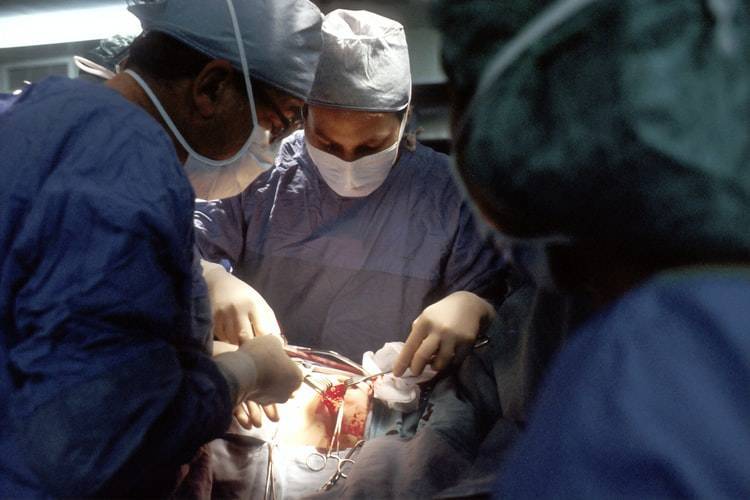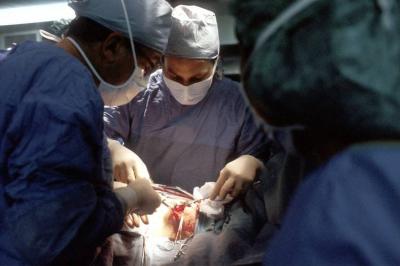The symptoms of colon and rectal cancer are similar to those of several other diseases, such as hemorrhoids, irritable bowel syndrome, or even inflammatory bowel disease. According to the American Cancer Society, patients should see a doctor if they experience any of the following symptoms:
- Changes in bowel habits, such as diarrhea, constipation, or thin stools lasting a few days.
- A persistent feeling of needing to have a bowel movement after going to the bathroom.
- Rectal bleeding with bright red blood.
- Blood in the stool, which may make it look dark brown or black.
- Discomfort in the abdomen, including cramps, gas bloating, and pain.
- General weakness and fatigue.
- Unexplained weight loss.
However, as stated by doctors at the American Cancer Society, colon and rectal cancer often does not cause symptoms until it has grown or spread, which is why regular screenings are recommended even before any symptoms appear. Doctors say that treating colon and rectal cancer detected early can be easier, as it can be managed by removing growths known as "polyps."
Routine screenings for colon cancer are generally recommended starting at age 50. There are several screening tests, each with its pros and cons, and it is important to discuss the available options with a doctor to make a decision regarding the most suitable test for the individual situation.




